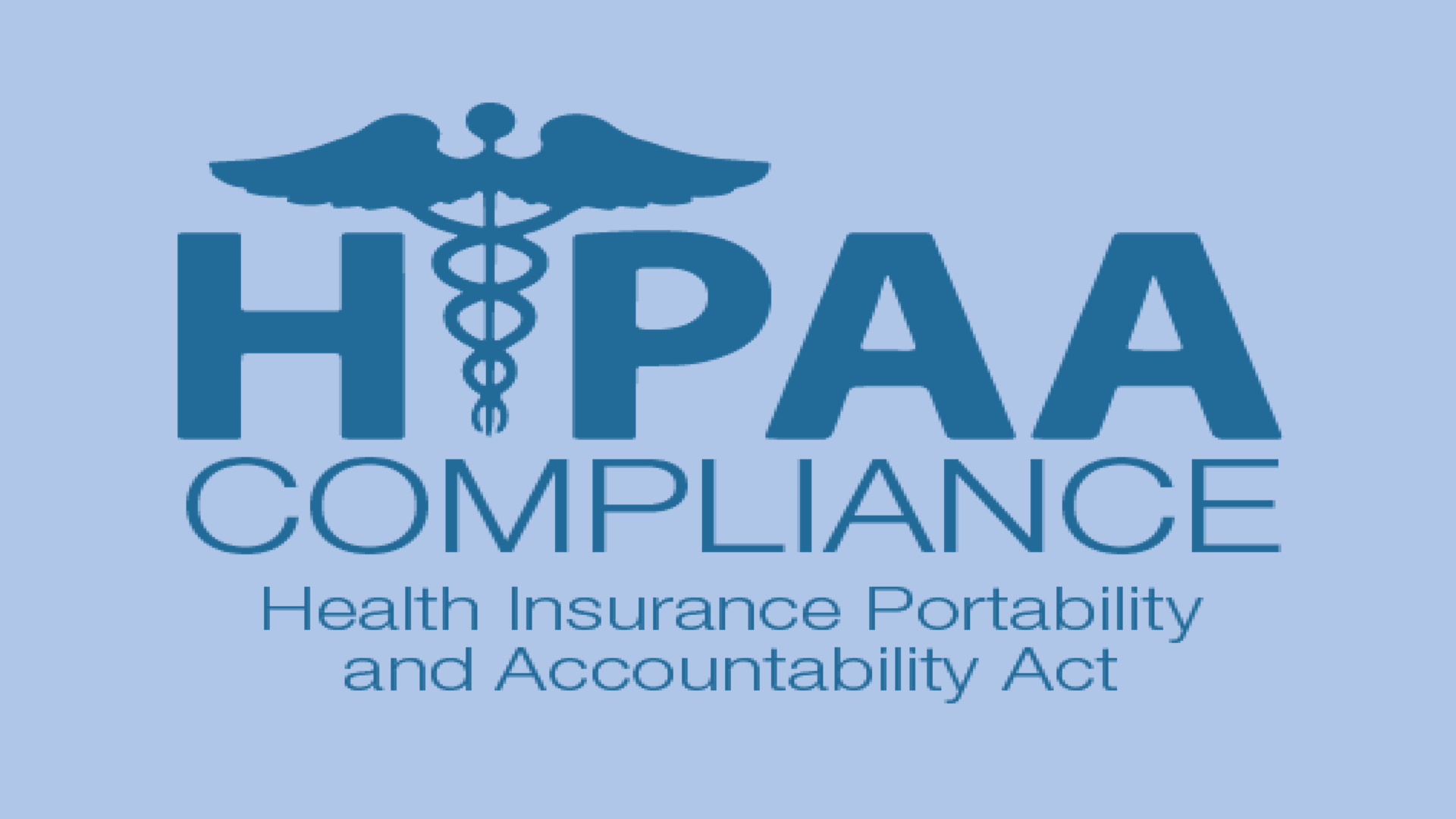Advantages and Disadvantages of Cloud Computing in Healthcare
The last decade has seen a growing rush amongst various industries and organizations from across the spectrum to migrate their operations and data to the Cloud. This isn’t that surprising when you consider everything that the Cloud has to offer. It is more than just a way for businesses to store files remotely so that they can be accessed securely from anywhere in the world. Cloud technology allows developers to harness the raw power of hardware and software that might be based on the other side of the world.With this increasing awareness of the possibilities opened up by the Cloud, there has been a corresponding rise in the range of applications and services that open these possibilities up to a wider audience—and more industry sectors. Whether they are aimed at individuals, businesses, other organizations, even governments, virtually every conceivable computer service now has a cloud-based equivalent. The field of healthcare is no exception.
The Health Cloud
For most businesses, the decision to migrate some or all of their services to the Cloud is an easy one. The drawbacks are minimal (aside from the initial complexities sometimes involved), and there is potentially a huge amount to be gained. For health information technology, things are a little bit more complicated. Ultimately, a move to the Cloud will benefit healthcare IT just as it does any other business sector. Provided the migration is managed properly and every technical safeguard possible is ensured. (Read more on Technical Safeguards For HIPAA Compliance here.) Doing this will require a reasonable understanding of the advantages and disadvantages of moving to the Cloud, so let’s take a look at what cloud computing services have to offer healthcare companies.
Advantages
- Adding value to the business:Migrating services and data to the cloud can be a serious money-saving measure for your company’s bottom line. The potential gains in efficiency and productivity often more than pay for the costs of undertaking a planned migration. In this way, a cloud migration can add value to any business. Long-term cost-effectiveness tends to be a common driving force behind many a business’ decision to migrate to the cloud.Healthcare cloud technology allows even the smallest institutions to access the kind of storage and computing power needed to compete with industry heavyweights. The potential savings from utilizing Cloud services can have a significant impact on a company’s value and future.
- Adding value to the patients:For a long time, healthcare in the U.S. operated under a volume-based fee-for-service model. This model rewarded physicians and hospitals for filling beds and for conducting tests and treatments. The financial incentives for healthcare companies to prioritize the volume of tests and treatments over other considerations ultimately lead to a decline in the quality and reliability of national patient care.By contrast, the newer model outlined by the Affordable Care Act (ACA) rewards healthcare providers for cost-effective practices and positive clinical outcomes. By migrating to the cloud, healthcare IT can help a company deliver more valuable services to their patients affordable. Cloud services also make it much easier for businesses to store, transfer, and analyze large amounts of incredibly sensitive personal health information (PHI) in accordance with HIPAA compliance.
- HIPAA compliance:Perhaps the most commonly cited reason for a healthcare company’s reluctance to migrate to the Cloud is the issue of HIPAA compliance. HIPAA is a piece of legislation that governs the way patients’ personal electronic medical records are stored and handle. HIPAA is designed to ensure that a patients anonymity and privacy is maintained and respected. HIPAA violations can incur hefty fines, or worse, on businesses that breach their healthcare IT security obligations. Whether electronic medical records are to be stored in the Cloud or on local hard drives, healthcare businesses still have the same responsibilities to maintain.It is understandable that healthcare companies are somewhat apprehensive about HIPAA compliance with cloud-based applications. Several years ago, it would be an understandable concern. Arguably though, now it’s actually easier to achieve HIPAA compliance in the Cloud. Especially in comparison to managing your own server setup and security. For a healthcare business, setting up compliant infrastructure outside of the Cloud is costly and time-consuming. It’s a smarter business decision instead to leverage a Cloud provider who has already done the hard work necessary. Particularly, as there are now a plethora of HIPAA compliant cloud hosting platforms and services available to choose from. Healthcare information technology is one of the most prominent current SaaS applications. These platforms, and Software-as-a-Service (SaaS) solutions, reliably automate your HIPAA compliance and can ultimately make your patient PHI much more secure.
- Interoperability:A longstanding problem within the healthcare industry is that of interoperability of data. Within healthcare companies, the ability to securely transfer PHI between internal departments is crucial in ensuring efficient operations. Both consumers and the industry at large have expressed a desire for a more connected healthcare industry, where their data can easily be exchanged between organizations as and when it’s needed. Cloud computing effectively facilitates this sharing of information and makes it easier for different organizations and businesses to collaborate for the sake of patients. Cloud technology and cloud services encourage businesses to innovate processes, systems, and applications which facilitate and support this necessity for healthcare companies.
Disadvantages
When it comes to introducing Cloud services to a healthcare business, there is really only one major drawback. If your migration isn’t managed properly, you can run into all kinds of trouble in the rush to reach the cloud. But as long as you consult with the relevant expertise and make sure your migration is properly managed, it should be a fruitful endeavor. If you don’t feel comfortable making the move on your own, optimizing the use of a managed service provider (such as Ibexlabs) can help you combine cost-effectiveness with cloud expertise to solve your migration concerns.The Cloud has a tremendous amount to offer any healthcare business. If you have been hesitant about taking your company into the Cloud because you are concerned about the security of your data, you should investigate the range of platforms and services available to automate your HIPAA compliance. Discover more on our Healthcare Consultancy page on the range of custom Cloud solutions available to your company. Ibexlabs is an experienced DevOps & Managed Services provider and an AWS consulting partner. Our AWS Certified DevOps consultancy team evaluates your infrastructure and make recommendations based on your individual business or personal requirements. Contact us today and set up a free consultation to discuss a custom-built solution tailored just for you.









